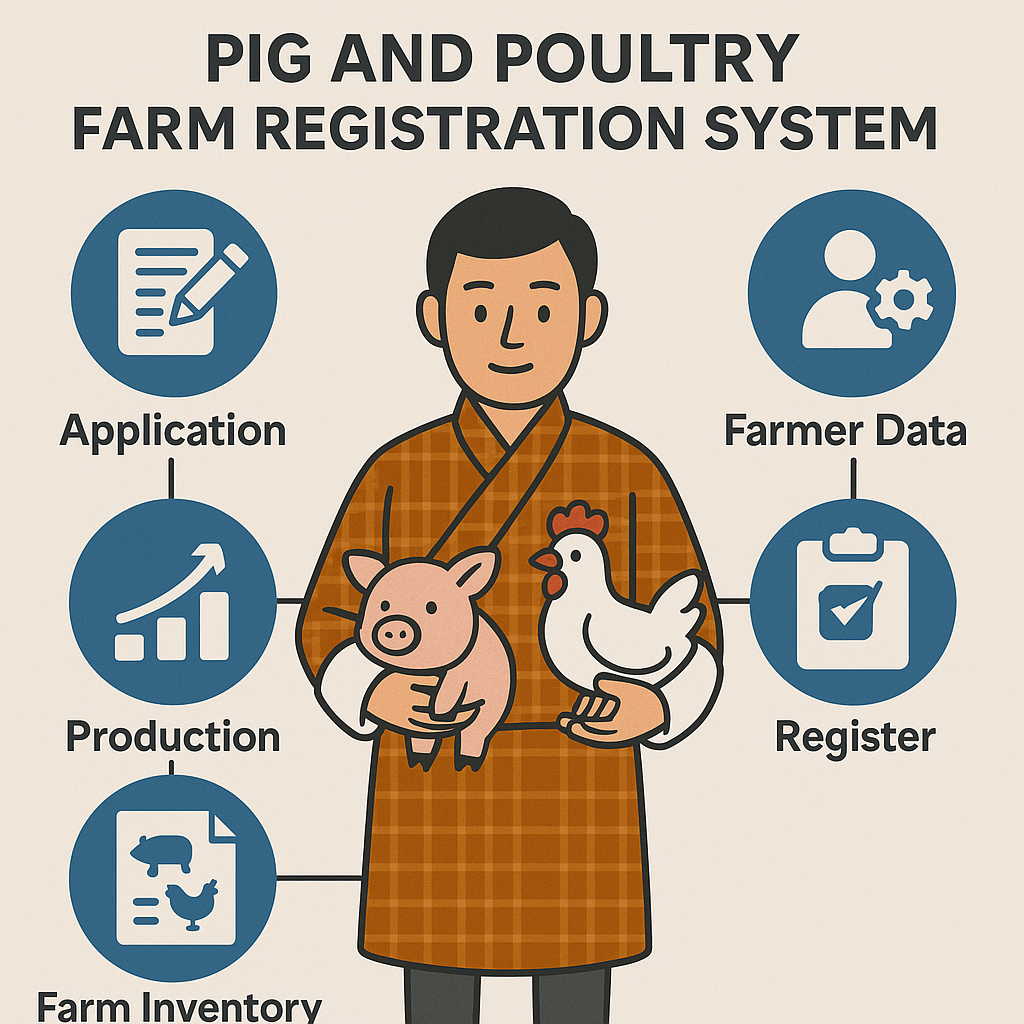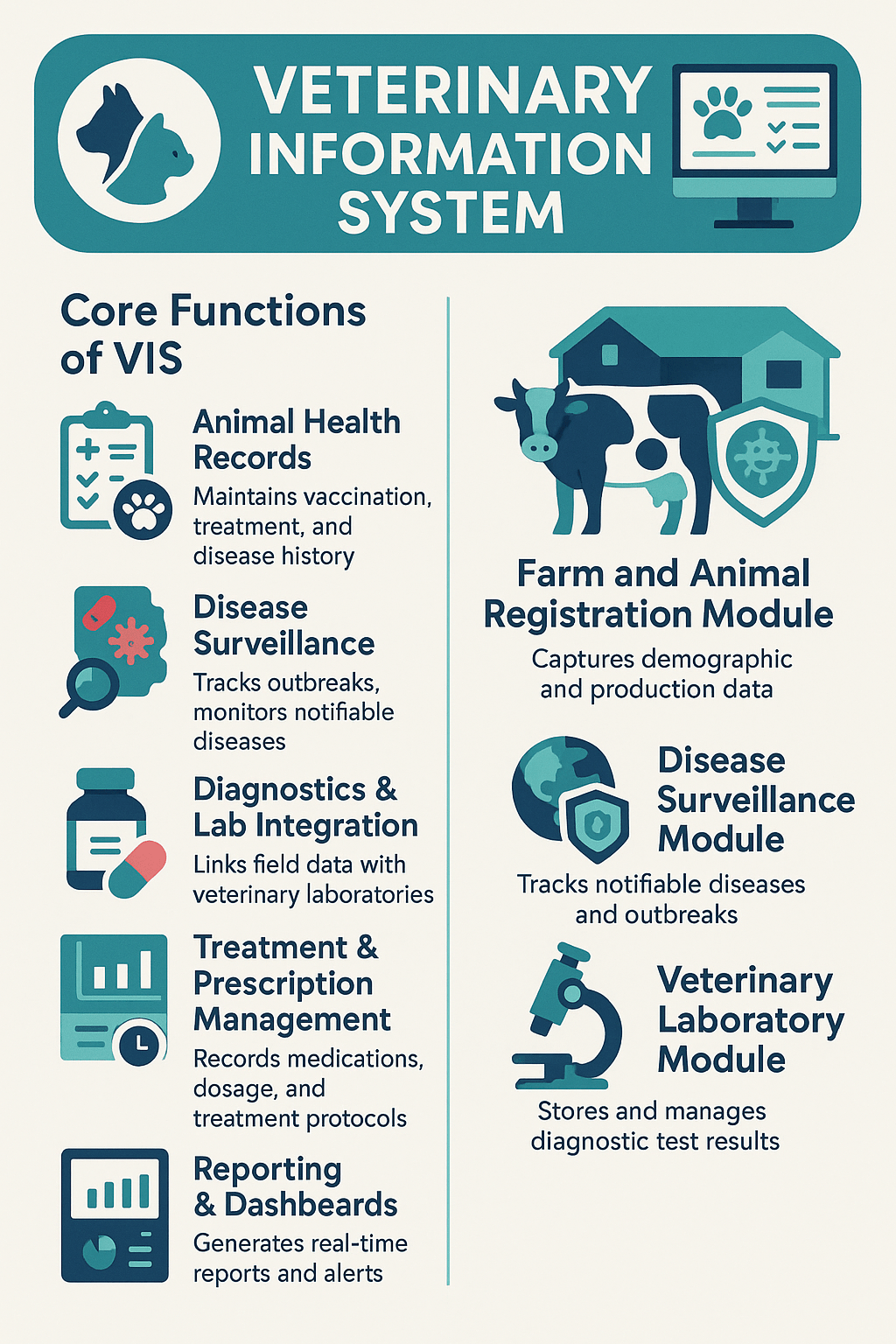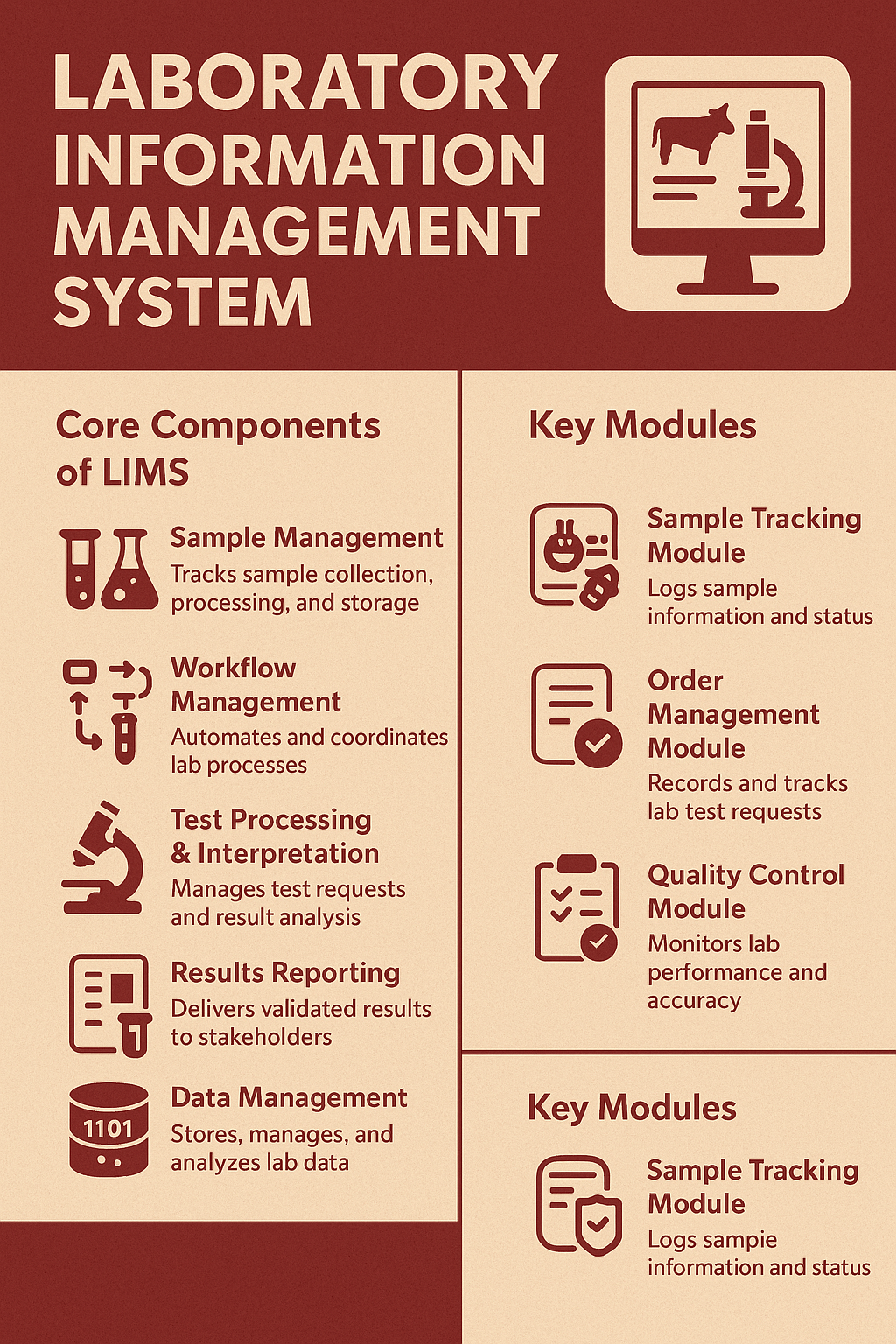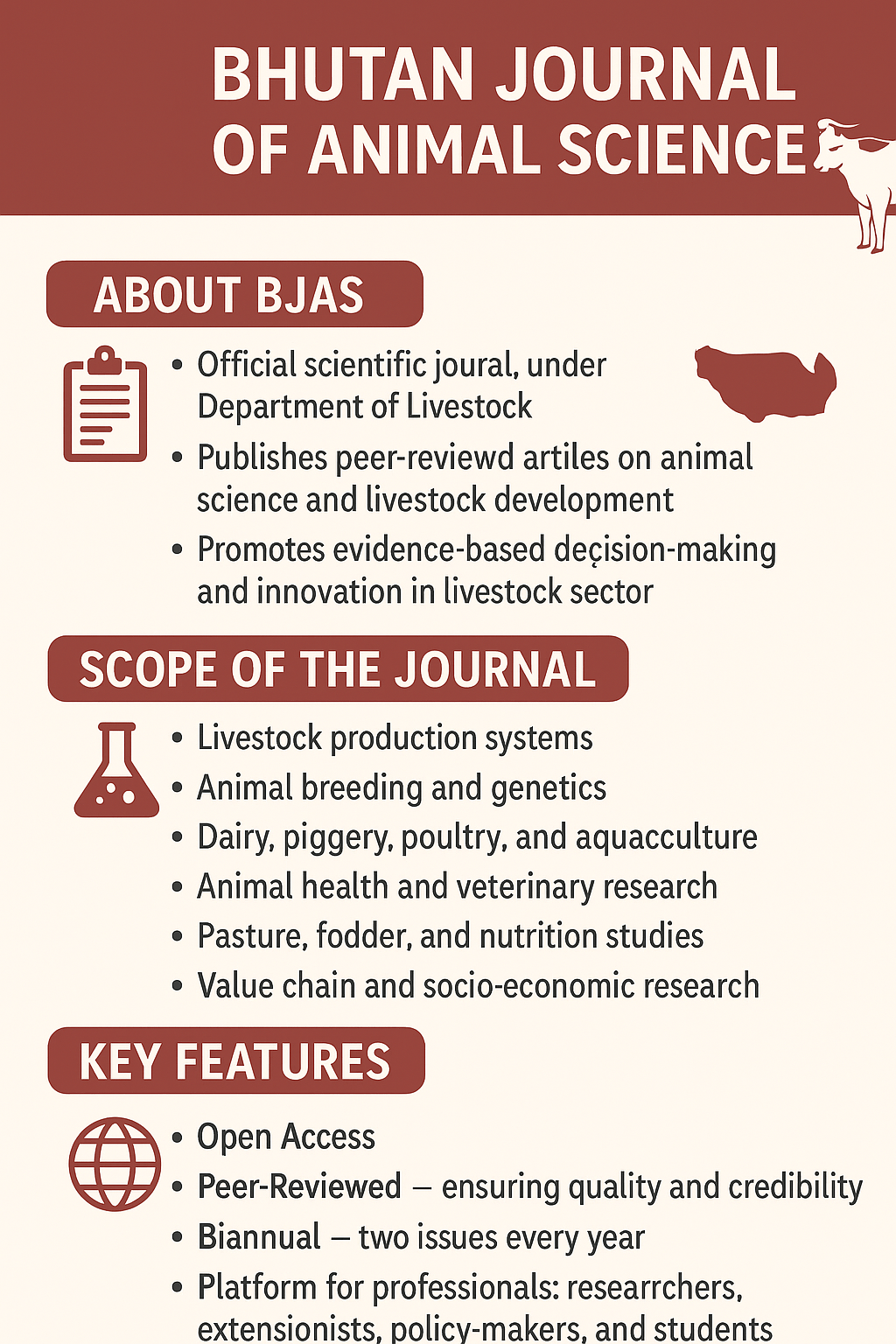A 28-day training program on Artificial Insemination (AI) for Community-based Artificial Insemination Technicians (CAITs) is currently underway in Khar Gewog, Pema Gatshel Dzongkhag. The program is being organized by the Regional Livestock Development Centre (RLDC), Kanglung, with the objective of strengthening the availability and continuity of AI services across the eastern region.

The CAIT initiative was conceived to address the shortage of AI technicians in the field by engaging local community members in cattle breed improvement programs. It aims to ensure uninterrupted delivery of AI services, enhance community involvement, and create employment opportunities for school dropouts and educated youth, thereby contributing to sustainable rural livelihoods.

Currently, 52 Artificial Insemination Centres (AICs) are operational across six eastern dzongkhags. Most of these centres are managed by a single technician responsible for a broad range of tasks, including AI service delivery, clinical case handling, fodder and feed development, and participation in official meetings and training sessions. This workload often results in inconsistent AI service delivery. The ongoing training seeks to equip CAIT candidates with the necessary theoretical knowledge and practical skills to effectively deliver AI services at the grassroots level.

The CAIT program was introduced in 2010 by the National Dairy Development Centre (NDDC), Yusipang, under the Department of Livestock, Ministry of Agriculture and Livestock (MoAL). Since its launch, RLDC Kanglung, with financial assistance from the CARLEP project and in collaboration with NDDC and respective dzongkhags, has trained and deployed 83 CAITs, of which 45 are actively serving in the field. This initiative directly supports the Department’s broader goal of improving milk production through accelerated dairy breed enhancement.
The current training batch includes 33 participants, among whom two are female candidates, representing six eastern dzongkhags. The program commenced on April 16 and will conclude on May 13. The training is fully funded by the CARLEP project under IFAD support.
![]()







